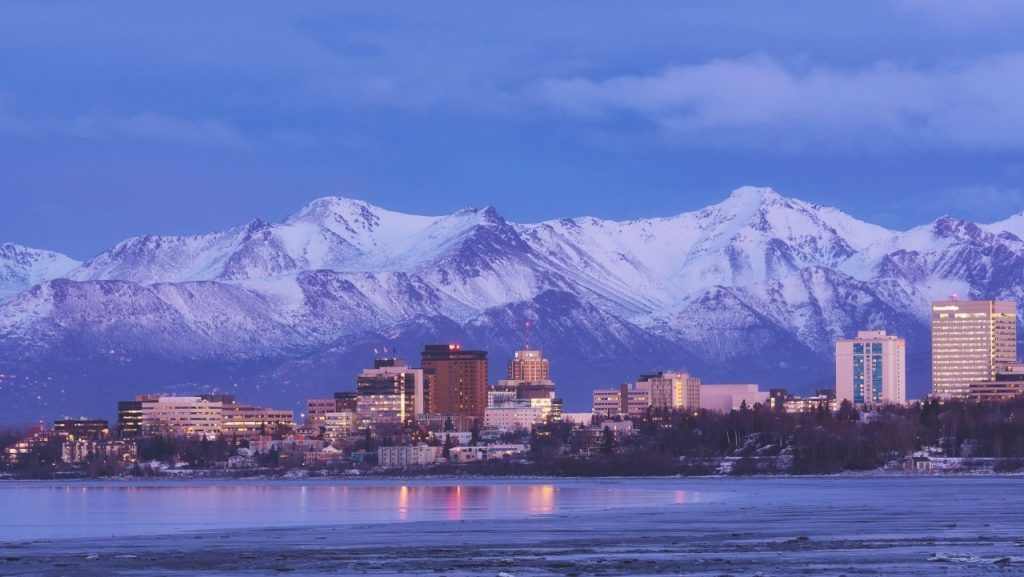Alaska’s Supreme Court has allowed a question regarding the repeal of the state’s ranked-choice voting system to appear on the November ballot. The court upheld a lower court ruling that would bring the ballot measure to a popular vote, despite challenges from residents seeking to disqualify the measure based on allegedly defective petitions. The ranked-choice voting system, approved by Alaska voters in 2020, changes the election tabulation system from a simple majority framework to one that holds multiple rounds of counting. Critics have pointed to specific instances where the system has led to unexpected outcomes, such as the victory of a Democrat in a traditionally red state.
Supporters of ranked-choice voting argue that the practice helps take partisanship out of elections and allows for more moderate candidates to succeed. In Alaska, both conservative Gov. Mike Dunleavy and moderate Sen. Lisa Murkowski emerged victorious in 2020 under the new system. However, critics argue that the system can lead to outcomes that do not reflect the true preferences of voters and can weaken the party system within the state. Former Virginia State Delegate Chris Saxman, a supporter of ranked-choice voting, highlighted how the system was utilized in the 2021 Virginia convention candidate selection process, which ultimately led to the Republican Party winning back the governorship after a decade out of power.
The ranked-choice voting system has been a topic of debate within Alaska and other states that have implemented it. While advocates believe it can lead to fairer and more inclusive elections, critics, such as Alaska conservative activist Judy Eledge, believe that it can enable candidates who would not otherwise win and undermine the party system. In Alaska specifically, the ranked-choice system has faced backlash from some Republicans who view it as deceptive and not truly a moderating force in elections. Despite these criticisms, ranked-choice voting has gained traction in some states, with New York Mayor Bill de Blasio praising it following the city’s election in 2021.
In Alaska, ranked-choice voting has been a contentious issue, with critics and supporters on both sides of the debate. The upcoming November ballot will include a question regarding the repeal of the state’s ranked-choice voting system, giving voters the opportunity to decide its fate. The 2024 general election in Alaska will still be operated under the ranked-choice voting system, as the state continues to grapple with the implications and impact of this controversial electoral practice. Various political figures in Alaska, including Rep. Mary Peltola, Gov. Mike Dunleavy, and Sen. Lisa Murkowski, have been involved in the debate over ranked-choice voting and its effects on the state’s elections.













